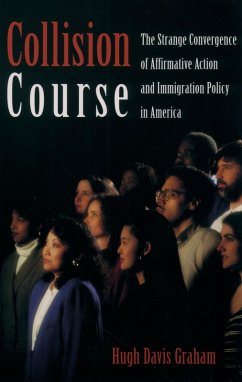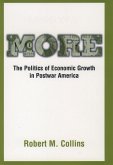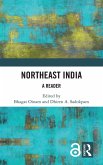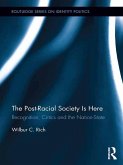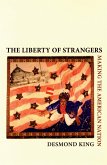When the Civil Rights Act of 1964 and the Immigration and Naturalization Act of 1965 were passed, they were seen as triumphs of liberal reform applauded by the majority of Americans. But today, as Hugh Graham shows in
Collision Course, affirmative action is foundering in the great waves of immigration from Asia and Latin America, leading to direct conflict for jobs, housing, education, and government preference programs. How did two such well-intended laws come to loggerheads? Graham argues that a sea change occurred in American political life in the late 1960s, when a system of split government--one party holding the White House, the other holding Congress--divided authority and enhanced the ability of interest groups to win expanded benefits. In civil rights, this led to a shift from nondiscrimination to the race-conscious remedies of hard affirmative action. In immigration, it led to a surge that by 2000 had brought 35 million immigrants to America, 26 million of them Asian or Latin American and therefore eligible, as "official minorities," for affirmative action preferences. The policies collided when employers, acting under affirmative action plans, hired millions of immigrants while leaving high unemployment among inner-city blacks. Affirmative action for immigrants stirred wide resentment and drew new attention to policy contradictions. Graham sees a troubled future for both programs. As the economy weakens and antiterrorist border controls tighten, the competition for jobs will intensify pressure on affirmative action and invite new restrictions on immigration. Graham's insightful interpretation of the unintended consequences of these policies is original and controversial. A short, focused, and even-handed narrative, it illuminates many of the issues that vex the United States today.
Dieser Download kann aus rechtlichen Gründen nur mit Rechnungsadresse in A, B, BG, CY, CZ, D, DK, EW, E, FIN, F, GR, HR, H, IRL, I, LT, L, LR, M, NL, PL, P, R, S, SLO, SK ausgeliefert werden.

